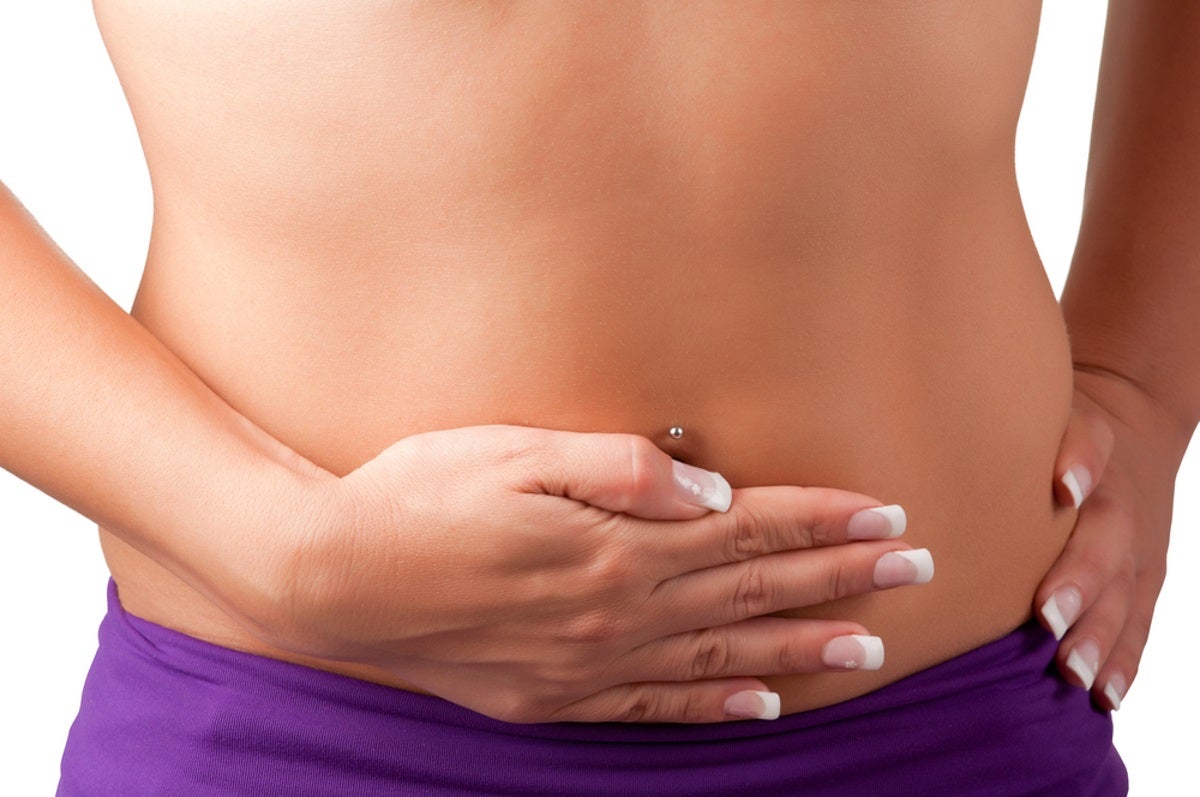What are the Symptoms of Fibroids?
You have abnormal bleeding and sometimes you feel a lot of pain and pressure in your lower abdomen. Is it uterine fibroids? How do you know for sure? If you’re living with pain and bleeding that’s interrupting your daily life, it’s time to see a doctor. The symptoms of fibroids can be debilitating and cause problems with your career, friendships and family relationships.
What are the Symptoms of Fibroids?
- Menstrual Pain
- Some women live with menstrual pain from the onset of their first period. But if you’ve never had menstrual pain before and suddenly your periods are so painful that you can’t go to work, run errands or do the things that usually make you happy, something is just not right. If your menstrual pain has suddenly increased, you could have developed a fibroid or have a fibroid that suddenly increased in size.
- Heavy Menstrual Bleeding
- You used to have periods that you thought were pretty normal. They lasted three to seven days and you used regular tampons or pads for most of your cycle. Now suddenly, you are bleeding so much that you are using super plus tampons or pads and you feel like you’re changing them constantly. Your underwear may as well be disposable at this point because you are throwing them away so often.
- Your body produces estrogen, a hormonethat causes fibroids to grow. The fibroids in your uterus are under the same influence of other hormones in your body that make you have your period, therefore they are going to bleed in addition to the lining of your uterus, causing excess blood during your menstrual cycle.
- Abdominal Bloating
- That bloated look and feeling in your lower abdomen might be from an enlarged uterus. The uterus becomes enlarged because fibroids are taking up space in your uterus — the organ that is usually reserved for a fetus. In fact, some fibroids can grow to be as large as a full term human fetus. So when you feel like your pants just aren’t fitting the same anymore and think you look different in the mirror, a fibroid could be the culprit.
How to Treat Fibroids
The treatment for fibroids depends on a few factors: the size of your fibroid, the placement of your fibroid and your desire for children in the future. There are non-invasive options to consider including medication therapy and hormonal management. For women with severe cases of fibroids, surgery may be the best option. Types of surgery for fibroids include uterine artery embolization (technically this is a procedure rather than a surgery), myomectomy and hysterectomy.
Content Sponsored by: MIRI Women – The Minimally Invasive Reproductive Surgery Institute (MIRI) brings together highly skilled, board-certified specialists who are focused on women’s health. Our team of professionals is trained in advanced gynecology, specifically hysterectomy surgery. Philosophically, our partner physicians take a “less is more” approach to health care, by first treating patients with the most conservative therapies. MIRI focuses on physical healing, while emphasizing that a patient’s emotional well-being is just as important.







